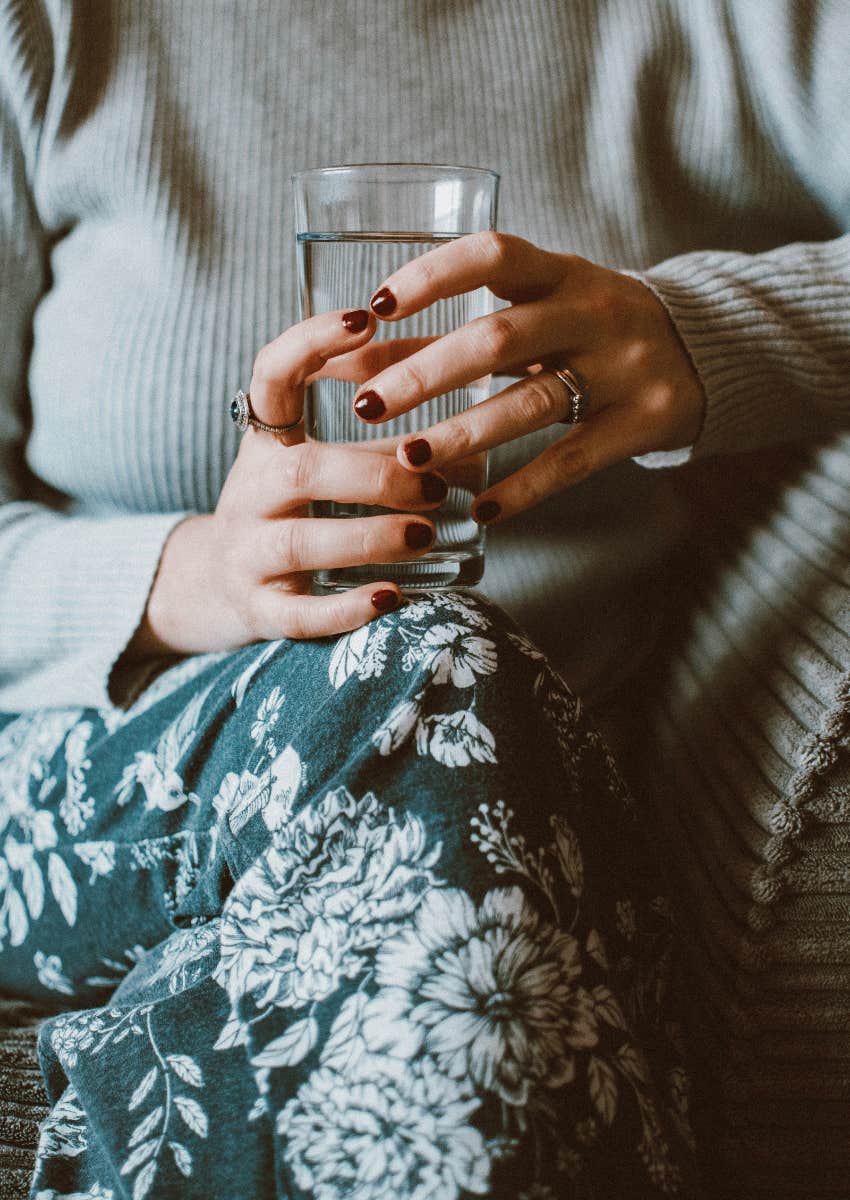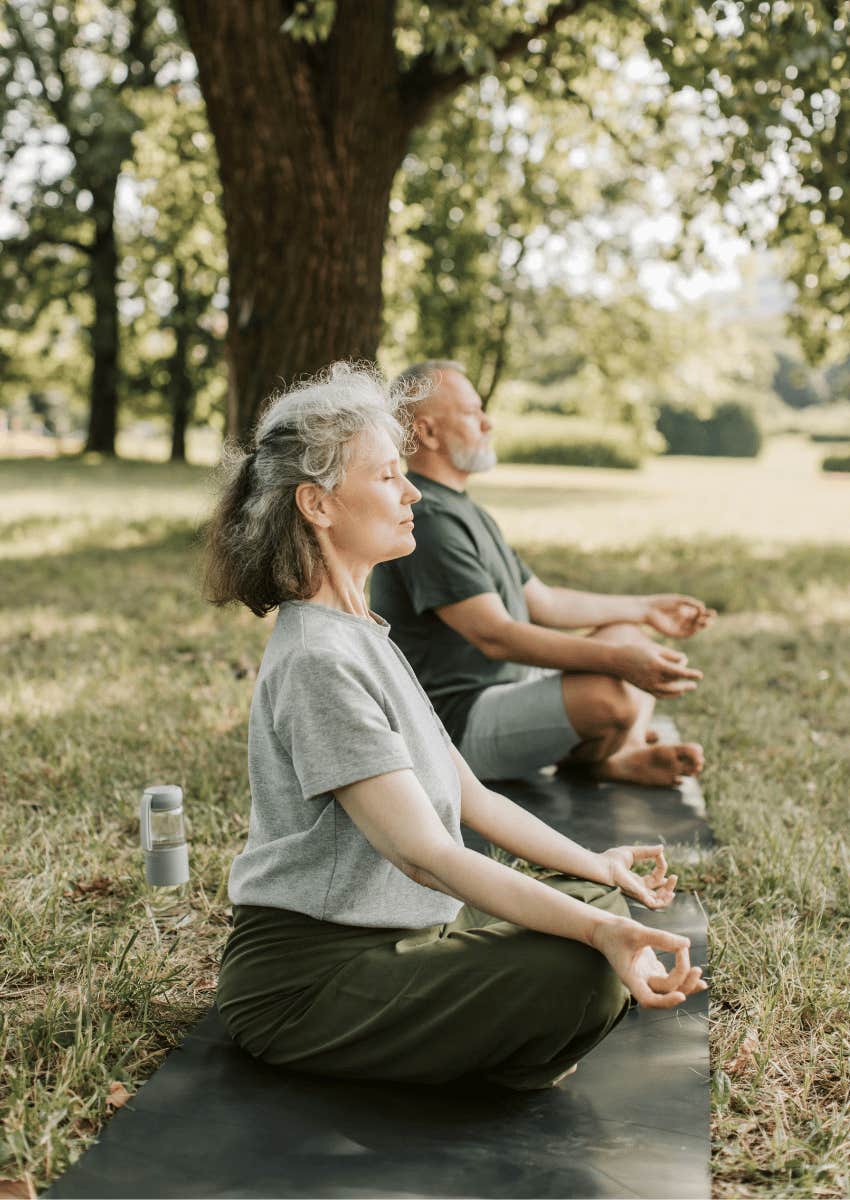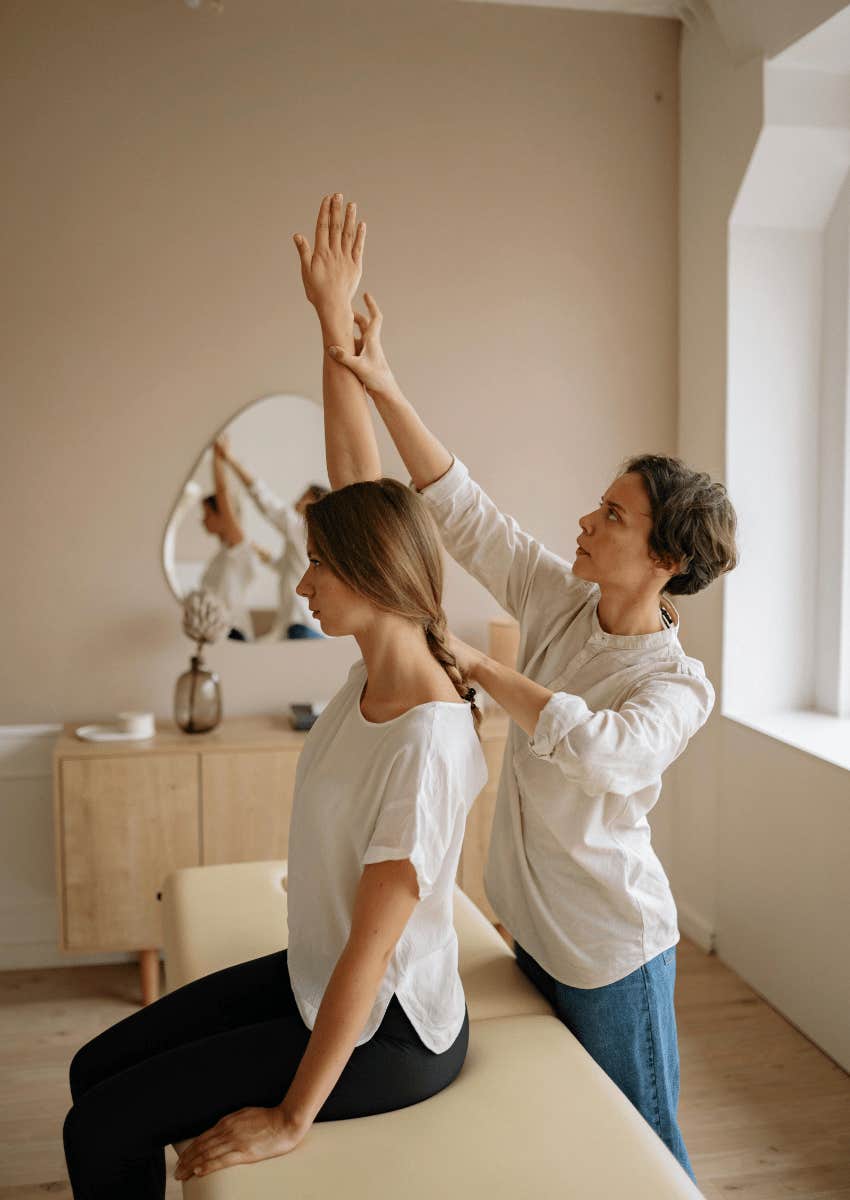Anxiety is a natural part of being human. We will always experience a degree of it, especially in the face of uncertainty and something daunting. That’s fine. We can see anxiety as an indication of what’s worth doing in many cases.
But sometimes, we can experience too much of it unnecessarily. I have struggled with it for most of my life, often to unbearable degrees. Unnecessary anxiety is a result of two things: Ruminative thinking and imbalanced health.
Here are 20 common traits of people who manage their anxiety well:
1. They quit caffeine
The correlation is documented, and the effect after the withdrawal stage is significant. Caffeine fills your body with the stress hormone cortisol. Cutting caffeine alone could reduce your anxiety by over 80%.
Caffeine can negatively affect focus efficacy in several ways, including sleep deprivation, anxiety and irritability, and health problems. Using caffeine to stay up late studying can lead to sleep deprivation, reducing your ability to perform well on exams, complete assignments, and retain information, according to 2021 research.
Consuming too much caffeine can make you jittery, anxious, or irritable. Consuming too much caffeine can cause health problems, such as headaches, dizziness, fast heart rate, dehydration, and dependency.
2. They meditate for at least 15 minutes daily
The more we can tolerate uncertainty and be ok with whatever thoughts arise, the calmer we become, and meditation trains the brain for precisely this.
3. They practice sitting with their anxiety
 Lisa Fotios | Pexels
Lisa Fotios | Pexels
Anxiety will always be there to some degree, but the more you practice something that previously scared you, the less fear you will feel. A lot of anxiety occurs simply because we’re inexperienced.
4. They practice breath exercises
A lot of tension can be trapped in the body over years of breath-holding and tightness. These exercises, which you can learn online, release pressure physically, bringing down anxiety instantly.
5. They don’t smoke
Smoking does not relax you. It stimulates your senses because you’re filling your lungs with poison, putting you in fight or flight mode. It also fills your body with toxins that contribute to anxiety.
6. They shake their body out
 Vlada Karpovich | Pexels
Vlada Karpovich | Pexels
Shaking out the arms and legs or jumping up and down while humming will release tension.
7. They practice deep belly-breathing
A ton of tension is stored around the belly. When we breathe into the diaphragm, we stimulate the vagus nerve and release tension, which directly diminishes anxiety.
Research published in 2023 by Frontiers in Psychology showed that various breathing techniques, prolonged and deep breathing exercises, can effectively reduce stress and anxiety and improve overall well-being by influencing the autonomic nervous system, with benefits including lowered blood pressure, increased heart rate variability, and enhanced relaxation response. Studies often highlight techniques like paced, diaphragmatic, and box breathing to achieve these outcomes.
8. They don’t identify as an ‘anxious’ person
Many people emphasize their issues by putting unnecessary attention on something that is — for the most part — a psychological condition. Less attention and more action = less anxiety.
In psychology, the process of turning anxiety into excitement is called “anxiety reappraisal.” The APA explains that it’s based on the idea that anxiety and excitement are both high-arousal emotions with similar symptoms, so it’s easier to transition between them than to calm down.
9. They quit alcohol
This drink may feel like it eases anxiety in the short term, but in the long run, as it’s a depressant, it directly contributes to more of it.
10. They lift heavy weights
The cognitive benefits of weight-lifting are documented and immediately felt. Your body and mind will strengthen, especially when you do this three times a week.
11. They dance
Throw on some wild music and dance like a maniac for a few minutes. Let loose. Be like a chimp and shake your hips. You can do this before an anxiety-provoking event.
12. They know when it’s time for a self-massage
 Yan Krukau | Pexels
Yan Krukau | Pexels
You can use a masseuse, or you can do it yourself. Use a hard massage ball and rub your neck and back against a wall. Or use your hands on your shoulders, arms, and legs, for example. Massage is a known relaxant.
13. They avoid explicit content
Modern pornography is one of the most pernicious stimulants on the planet. It also destroys your dopamine receptors, which contributes directly to a low mood and anxiety when you’re not watching it.
14. They consistently stretch
The act of stretching will release pressure from your muscles and joints. Anxiety is directly associated with the stiffness associated with a sedentary lifestyle. Stretch out the tension.
15. They are careful to eat less high-glycemic foods
High-carb and sugary foods that spike blood sugar lead to crashes. Crashes create a low mood, which directly contributes to an anxious feeling.
16. They walk in nature
Get outdoors daily, and get your face in the sun. Doing this, especially within an hour of waking, aligns your body with the natural rhythm of the rising sun. Depressed people are out of sync with nature and the outdoors.
Research studies consistently highlight the significant health benefits of walking daily. Many studies indicate that even moderate daily steps can provide substantial health advantages. One notable study published in 2022 in the Journal of American Medical Association found a 50-70% lower risk of early death for individuals walking at least 7,000 steps per day than those walking less.
17. They know when it’s time to talk to a friend
Social activity with a friend or other people gets you out of your head and worries and is known to lift your mood. Depression has been tied to a lack of connectedness with people.
18. They do something generous for others
 Timur Weber | Pexels
Timur Weber | Pexels
Send someone a thank you. Take the lead in some way that lifts another’s spirit. This act is the opposite of taking things personally and feeling sorry for yourself, which is an anxiety driver.
Research published in 2022 by Frontiers in Psychology shows that actively enhancing others’ lives through prosocial behavior, like acts of kindness and helping others, has a significant positive impact on the helper’s well-being, often leading to increased happiness, reduced stress, and a stronger sense of social connection. This phenomenon is often referred to as the “helper’s high” and is supported by studies exploring the psychology of altruism and empathy.
19. They use laughter as a pressure release
Put on some comedy and have a good old laugh. Or you can use laughter as a form of pressure-release exercise. Even forcing silly laughter will loosen you up.
20. They create something
Creating is the diametric opposite of reacting. Anxiety springs from allowing yourself to ruminate on the things that trigger you (reactivity). When we create, we’re living out what we were truly made to do. And this will calm you.
Research published in 2010 has indicated that the act of creating, whether through art, writing, crafting, or other forms of expression, can offer a range of benefits, including improved mental well-being, increased self-esteem, stress reduction, cognitive enhancement, and even potential physical health improvements. Studies highlight the positive impacts on mood, anxiety levels, and overall quality of life when engaging in creative activities.
Alex Mathers is a writer and coach who helps you build a money-making personal brand with your knowledge and skills while staying mentally resilient.

